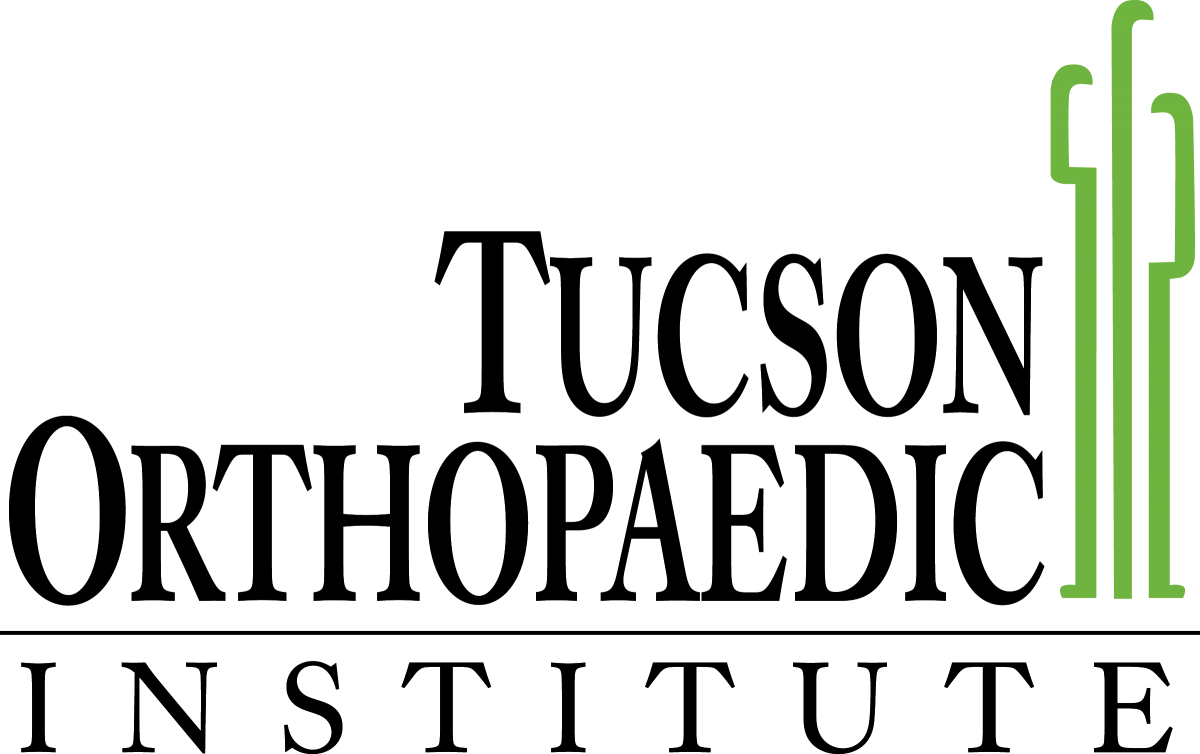Exhaust Options Before Joint Replacement Surgery
Non-steroidal anti-inflammatory drugs (NSAIDs) acetaminophen, glucosomine and chondroitin nutritional supplements, cortisone injections and rooster cartilage – yes, rooster cartilage – may help avoid the need for hip and knee joint replacement surgery.
About 65 people came to the East Social Center on Thursday to hear Dr. Edward Petrow, a surgeon at the Tucson Orthopaedic Institute, talk about remedies for stiff and weak joints before considering joint replacement surgery.
 Dr. Edward Petrow speaks to members of the audience after his talk.
Dr. Edward Petrow speaks to members of the audience after his talk.
Petrow explained that osteoarthritis is the wearing down of articular cartilage of the joints and begins at 25. As one ages, symptoms of the wearing down may result in joint soreness, stiffness and pain caused by weakening of the muscles surrounding the joint due to inactivity.
Acetaminophen doesn’t decrease or reduce inflammation, but will reduce pain, he said.
Glucosomine and chrondroitin, a food supplement not regulated by the Food and Drug Administration, doesn’t work for everyone and usually takes three months to determine whether it is effective.
Cortisone injections can reduce swelling and discomfort, and if effective may be repeated every three months.
Hyaluronic acid injections, which comes from the cartilage of rooster combs, is said to restore lubrication and fluid in joints and can last six to 12 months.
Weight loss can affect joints in a positive way.
“Lose one pound and it reduces three to four pounds of pressure on your knees,” Petrow said.
If All Else Fails
Though he advises trying non-surgical remedies first, Petrow said the time to consider joint replacement is when there is loss of function.
About 500,000 hip replacement surgeries are done annually in the U.S. Though knee replacement is the gold standard of care, minimally invasive knee surgery will result in less trauma, less bleeding and pain and a smaller scar,
Exhaust all non-surgical options. Minimally invasive technology reduces complications, Petrow advised.
New advances include computer-assisted surgery where a computer makes a model of a patient’s hip or leg, and intra-operative imaging is now available for more accurate leg length with hip replacement surgery.
For an appointment with Petrow, call the Tucson Orthopedic Institute at (520) 382-8200.
Written by Ellen Sussman, Special to the Green Valley News
As published in the Green Valley News, Wednesday, December 21, 2011
